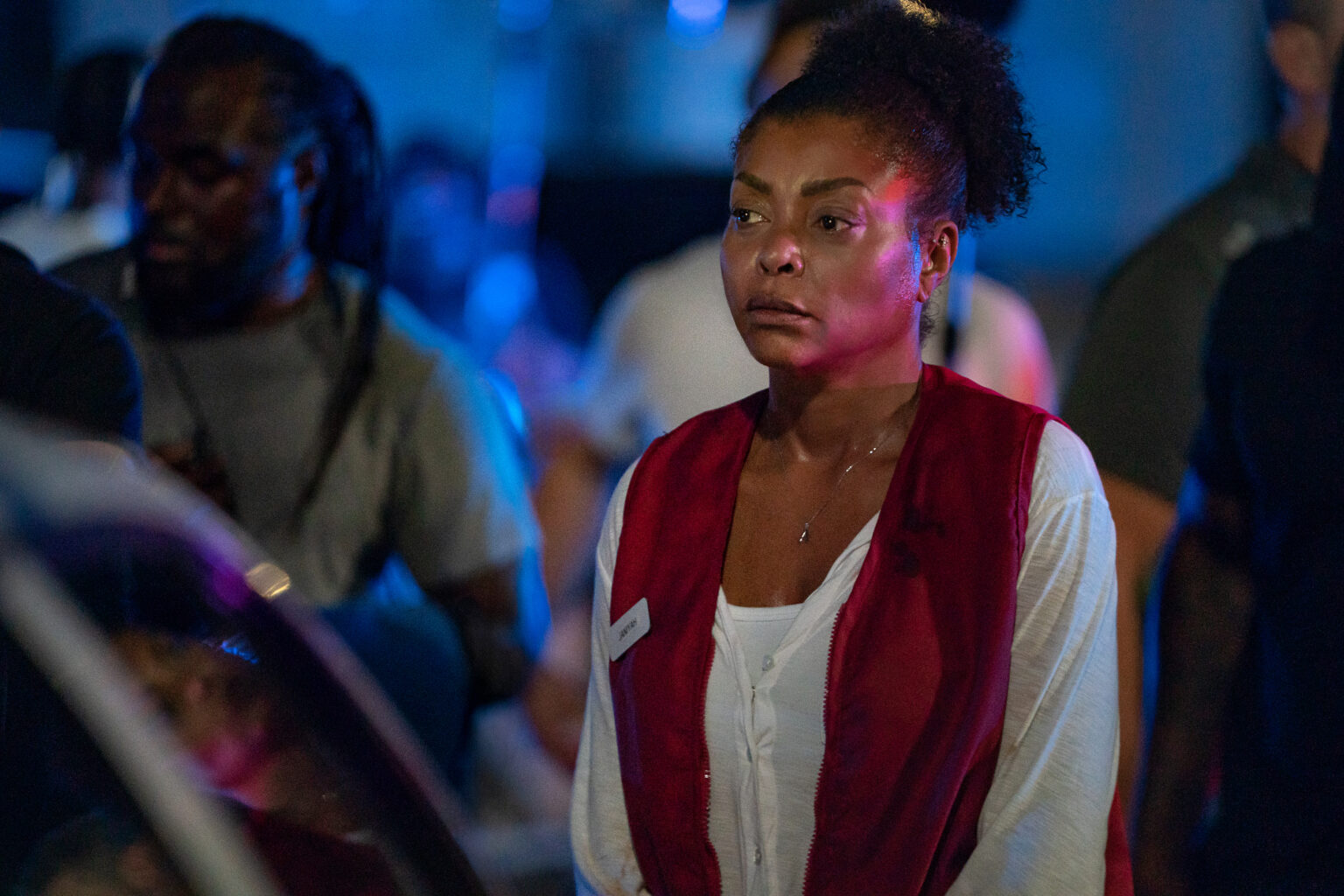Reimagining the Black American Experience Through Tyler Perry’s Lens
Few contemporary filmmakers capture the essence of Black American life with as much raw emotion and unpolished authenticity as Tyler Perry. While his films may not be celebrated for their artistic finesse, they resonate deeply with audiences across diverse backgrounds. Perry’s work spans a broad spectrum-from comedic hits like the Madea series to heartfelt dramas and historical narratives such as the 2024 WWII-inspired “The Six Triple Eight.” Over the past two decades, Perry has directed nearly 30 feature films, alongside numerous television series and stage productions, establishing himself as one of the most commercially successful and prolific creators of his generation.
“Straw”: Perry’s Contemporary Take on Crisis and Solidarity
Now streaming on Netflix, “Straw” offers a modern reinterpretation of the classic hostage scenario, reminiscent of “Dog Day Afternoon.” Anchored by Taraji P. Henson’s compelling performance as a resilient yet flawed protagonist, the film explores themes of community, resilience, and the struggles faced by single mothers in America. Henson’s portrayal of Janiyah Wiltkinson-an overburdened supermarket clerk-serves as a mirror to countless women navigating the harsh realities of economic hardship, often without the dramatic extremes of violence but with equal desperation.
The Unfolding Crisis: From Personal Struggles to Public Outcry
Janiyah’s day spirals into chaos when, in a moment of frustration, she brandishes a gun at her workplace to cash her paycheck. This seemingly minor act triggers a series of devastating events: eviction notices, a harrowing encounter with an off-duty officer involved in road rage, her car being impounded, her job lost, and her sick daughter taken into social services. The climax occurs when she is forced into a bank hostage situation, with the bank teller (Ashley Versher) handing over money-an act that becomes the catalyst for the film’s title, “Straw,” symbolizing the final burden breaking her resolve.
Empathy for the Marginalized and the Power of Community
“Straw” delves deeply into the lived experiences of those living on the margins-individuals just managing to stay afloat amid systemic neglect. Perry constructs a tense scenario with police surrounding the bank and a handful of hostages inside, but the core of the story lies in the bonds formed among Black women across social divides. Nicole (Sherri Shepherd), the bank manager, embodies the pride and responsibility of someone who has fought hard to reach her position and feels compelled to support her community. Meanwhile, Detective Kay Raymond (Teyana Taylor), a single mother herself, demonstrates compassion and understanding, resisting the pressure from her colleagues-including a racially biased FBI agent (Derek Phillips)-to resort to violence.
The Power of Collective Voice and Public Support
As the situation escalates, a tell-all live stream from inside the bank captures Janiyah’s personal struggles, turning her plight into a viral sensation. Public outcry swells behind her, with crowds rallying for her release, echoing the real-world protests that often accompany incidents of racial injustice and economic disparity. Some hostages, including a wise elder played by Diva Tyler, offer words of solidarity, emphasizing the shared hardships faced by many Americans. This collective support injects a note of hope amid the mounting tension, highlighting the importance of community resilience in times of crisis.
Flaws and Strengths: A Mixed Bag of Emotional Impact
While “Straw” effectively stirs emotional engagement, it falters with a contrived final act that introduces an unnecessary twist, diminishing the film’s authenticity. The penultimate scene, which exaggerates the suspense, feels out of place, and the concluding moments seem to pile on tragedy after tragedy-akin to an overzealous composer adding one too many notes to an already powerful symphony. Taraji P. Henson’s portrayal remains authentic, capturing Janiyah’s chaotic humanity without resorting to sentimentality. The film smartly hints at the broader systemic issues-poverty, racial inequality, and economic exploitation-that keep women like Janiyah trapped in a cycle of hardship.
Artistic Limitations and the Unwavering Voice of Perry
Despite its emotional resonance, “Straw” reveals Perry’s reluctance to confront systemic injustice head-on. The film’s narrative relies heavily on raw emotion rather than nuanced critique, and Henson’s performance, while heartfelt, sometimes veers into melodrama without sufficient guidance. The movie offers a visceral experience but lacks the artistic depth to elevate its message beyond the surface. Nonetheless, Perry’s signature style-focused on storytelling that prioritizes heart over art-remains evident, and it’s clear he isn’t interested in changing that approach.
Final Reflections: A Reflection of Society’s Unfinished Business
“Straw” is a testament to Perry’s ongoing commitment to telling stories rooted in the realities of Black Americans. It underscores the importance of community, resilience, and the collective voice in confronting adversity. While it may not be a cinematic masterpiece, it captures a vital truth: that even in the darkest moments, solidarity and compassion can serve as powerful tools for survival. As of 2023, the film joins a growing roster of works that highlight the ongoing struggles and unbreakable spirit of marginalized communities in America.
Unrated. Available on Netflix. Contains language and potential violence. Duration: 105 minutes.
Ty Burr is the author of Ty Burr’s Watch List, a curated movie recommendation newsletter available at tyburrswatchlist.com.

